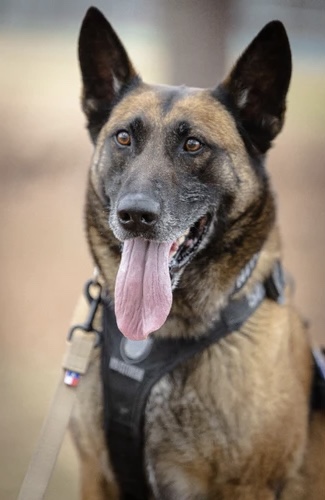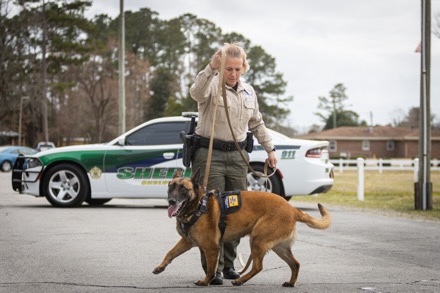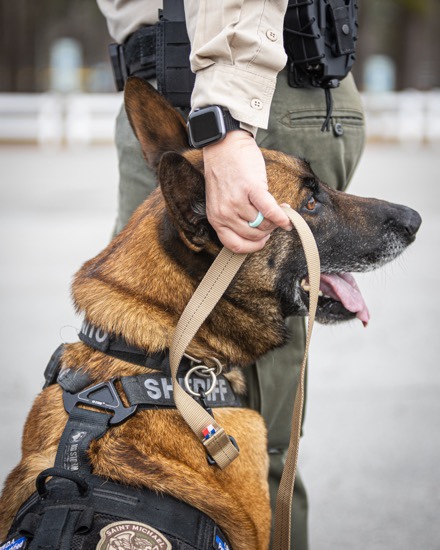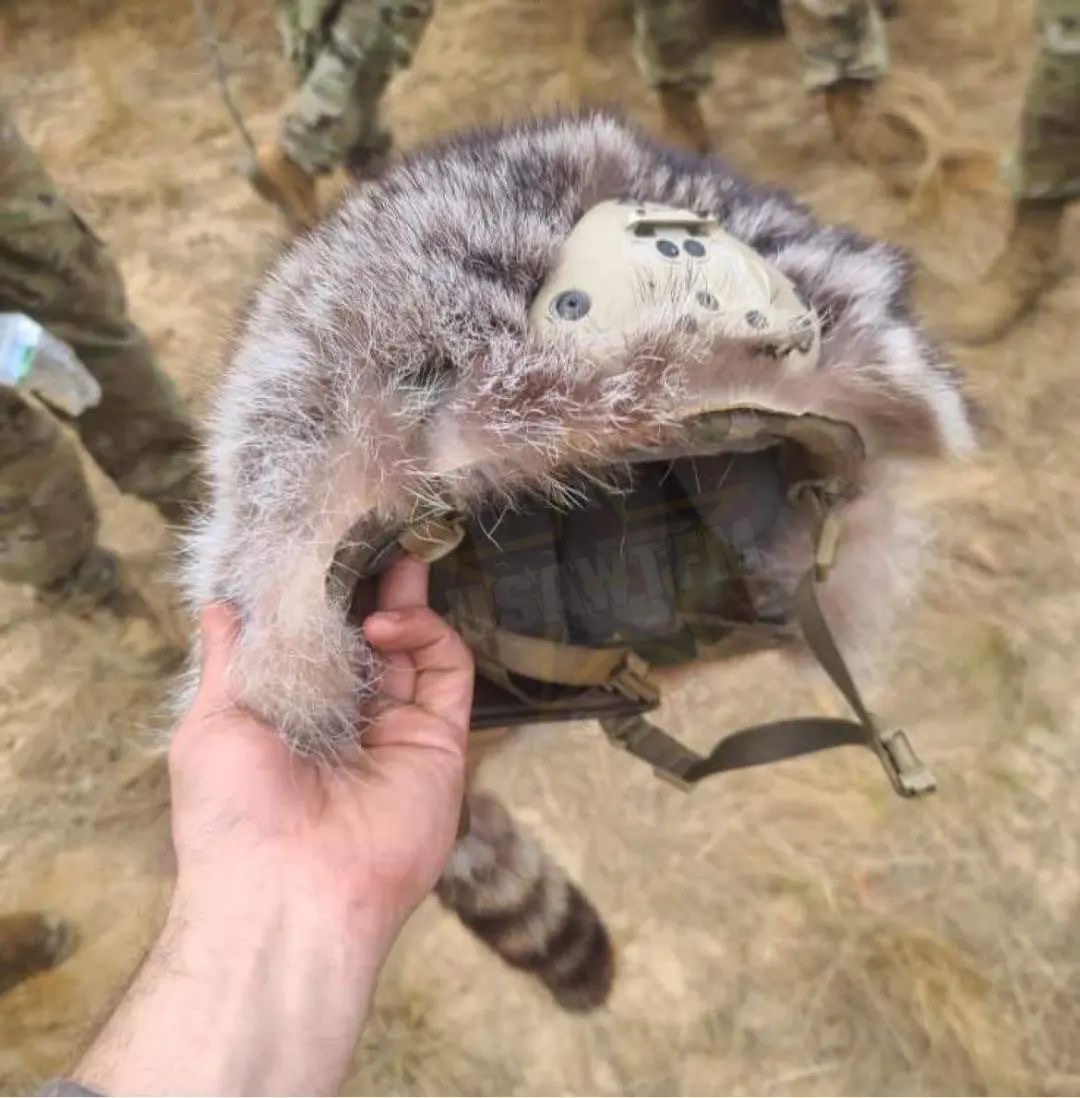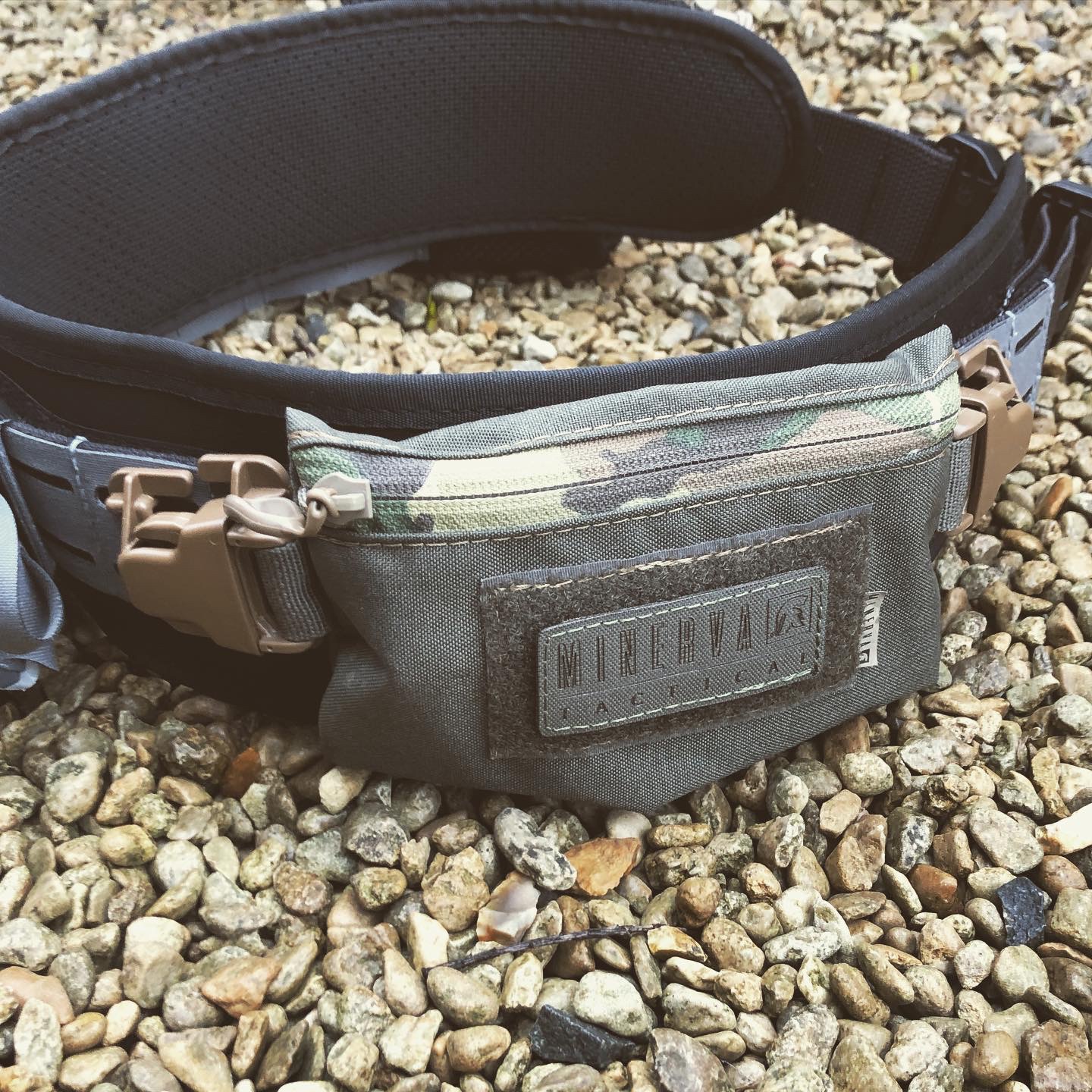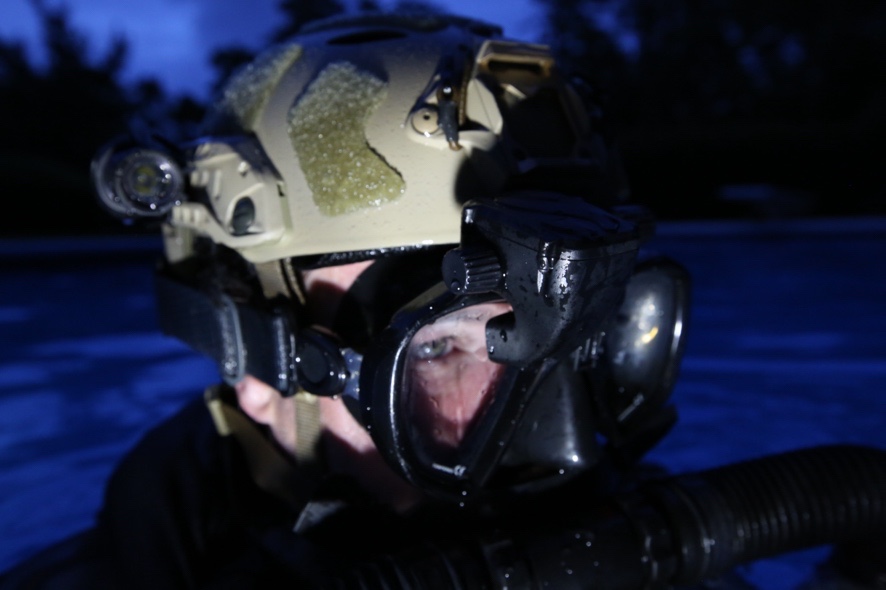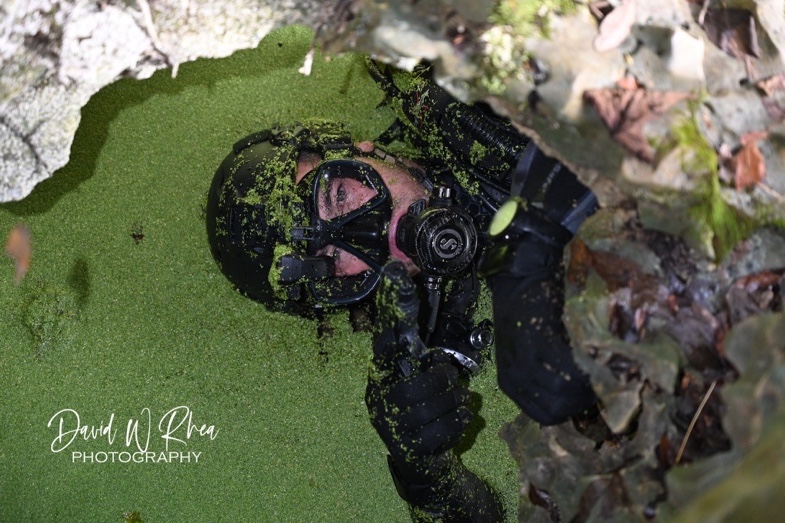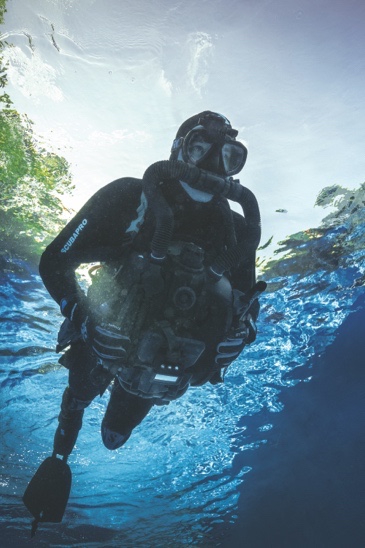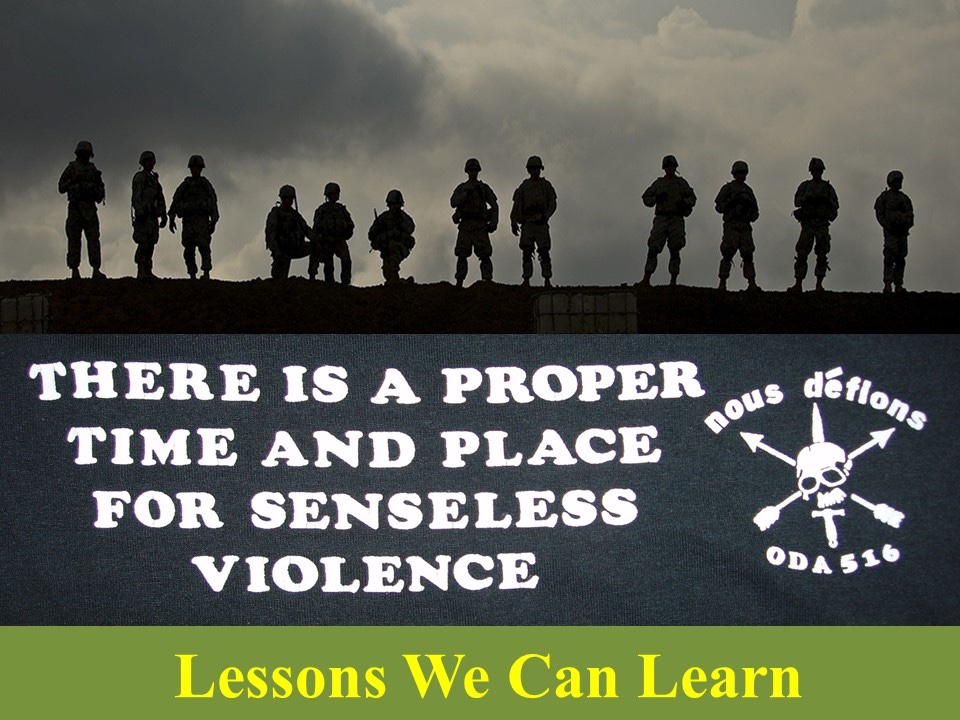
“War is merely the continuation of politics by other means”
“No one starts a war–or rather, no one in his sense ought to do so–without first being clear in his mind what he intends to achieve by the war and how he intends to conduct it.”
“War is no pastime; it is no mere joy in daring and winning, no place for irresponsible enthusiasts. It is a serious means to a serious end.”
Carl Von Clausewitz
A few days ago, just after the invasion of Ukraine started, an SSD reader commented to the effect that Putin was giving the West a “masterclass” on hybrid warfare. I could not disagree more. Sure, Putin’s Russia is fairly capable of combining tank columns with SOF tactically and applying the tools of cyber and informational warfare to some effect. It sounds and looks fairly impressive when experienced in real-time and reported by non-experts – including the people of Ukraine – on the ground. But as a military professional who has studied war all my adult life, it looks more like amateur hour. Based on TV interviews in the last 24 hours, my personal opinion is shared at least by a few other professionals like LTG (R) Keith Kellogg, and GEN (R) Jack Keane. That is not to say that the Russian military might not prevail in the next hours, days, or weeks, to overcome their obviously weaker opponent and occupy portions of Ukraine including the major cities. However, I would be willing to bet that the likely bloody insurgency to follow will make that a very hollow victory.
But there are some obvious lessons to be learned, even as fighting goes on. Let us start with a little abbreviated history – not Putin’s version. Ukraine has had an enduring and distinct identity, separate from Russia, for many generations. Before WWII, the Ukrainians suffered mightily for their desired independence and perceived disloyalty under Stalin’s Soviet Union. By “suffered,” I mean that millions were killed. It is true that during WWII some Ukrainians initially sided with the German invaders, hoping to break away from Russian dominance. Since the Germans quickly demonstrated that they hated “Slavic people” almost as much as the Jews, the Ukrainian people realized their mistake, pivoted, and initiated a brutal insurgency against the Germans on behalf of the Soviets instead. To this day, when Russians want to disparage Ukrainians, they call them NAZIs. So, despite the fact that Russians and Ukrainians are ethnically and culturally “cousins,” some of the history is ugly, and the personal animosity is real and runs deep. Especially for old-timers who venerate the “good old days” of the Soviet Union as Putin does.
More recently, the Russian military has not displayed much excellence or even minimum signs of professional prowess in a series of campaigns. First, Afghanistan. There is no denying that we – the US and NATO – ultimately had no more success in Afghanistan in achieving our stated objectives than the Soviet Union. As with our experience, their initial invasion went well. However, the inherent weaknesses in the Soviet’s ability to sustain their forces hamstrung their options to conduct effective operations in a way that the US-led Coalition forces never had to face. Here is a fun fact. Soviet forces in Afghanistan suffered far more non-battle casualties than were ever killed by the Mujahedeen. Preventable diseases – often brought on by poor sanitation practices – decimated Soviet units in a way their opponents were never able to. Their non-battle casualty rates were the same that Soviet soldiers had suffered during WWII. Their medical and casevac capability had basically not improved in the intervening 40 years. Hell, they had not even been able to effectively educate their conscripts in basic field sanitation practices that, likely, would have had a major positive effect in reducing those casualties.
Of course, in the years after the Soviet Union dissolved, there were the Russian incursions into Georgia, Chechnya, and incremental steps into Crimea and Eastern Ukraine starting in 2014. None of these campaigns went as the Russians presumably hoped – except, arguably, for the “annexation” of Crimea. Still, the Russian military did not perform to anything approaching a high standard in any of those cases. I do want to emphasize the fact that there are some very professional and capable elements in the Russian force structure. The Russians can indeed be very formidable in some circumstances. No doubt! But, when Putin brings 190,000 of his soldiers to the game, only a very small percentage of those ground forces are “top of the line.” Indeed, the bulk of his forces are conscript-reliant formations that are still ill-trained and unmotivated and their gear is poorly maintained and unreliable. Case in point, Russian conscripts are not particularly interested in dying in Ukraine or in killing Ukrainians that they hold no animosity toward what-so-ever. On the other hand, the Ukrainians appear to be much more motivated since they are being attacked.
Putin may be a lot of things. One thing he is not is a military genius. At least for now, I am not seeing any such genius from his generals either. The incursion into Ukraine, to this point, has been entirely predictable and pedestrian. Absolutely nothing bold or innovative. No surprises. It appears Putin was expecting the threat of violence to achieve his objectives of neutering Ukraine and putting NATO and the US on our back heels. It reminds me of our plan in Iraq for OIF. Where we plotted out the invasion in great detail and did the big handwave for whatever was going to happen afterward. It actually appears to me that the Russian generals did not have an invasion plan ready. I suspect that is because they were not eager to own another difficult occupation. They remember those other quagmires from earlier in their careers.
I can speculate, based on my experience, that Putin expected Ukraine and/or NATO would cave to his demands if he just put on enough pressure. First, he ominously positioned forces. That did not get him anything except more weapons shipments to Ukraine. True, those were perhaps more symbolic than substantial, but they were the opposite of what he wanted to happen. The shipments and promises of more to come also helped stiffen the Ukrainian spines as well and they continued to rebuff his threats. He then moved some forces overtly into the already contested Donbas region. I thought he would play that “peacekeeper” card for at least several days while threatening to expand the Russian foothold beyond the separatist enclave into the rest of the region. He pulled the trigger on the next phase quicker than I expected, but that move still did not work in Putin’s favor.
Instead, Germany stopped validation of the Nord Stream 2 pipeline. More than other sanctions that might take some time to inflict pain on Russia, that was a significant economic counter punch to Putin. I do not think he expected or planned for that. Frankly, it appears that he thought Germany specifically – in large part because of the pipeline – would slow roll any NATO response to aggressive Russian moves short of an actual shooting war. Today (26 Feb), Germany joined other countries in sending weapons to Ukraine – something they had been hesitant to do earlier. Likewise, Sweden and Finland, traditional “neutral” countries are now considering even closer ties to NATO – albeit, both will probably continue to forego actual formal membership in the Alliance. Clearly, Putin counted on fracturing not strengthening NATO’s and the EU’s resolve. An unintended, unexpected, and unwelcome, consequence from Putin’s perspective, I am sure. Putin’s plan has now clearly moved into the “friction” portion of his war.
For those that are not familiar with the concept, Clausewitz explained friction’s role in war this way; “Everything in war is very simple, but the simplest thing is difficult. The difficulties accumulate and end up producing a kind of friction that is inconceivable unless one has experienced war.” “Friction is the only concept that more or less corresponds to the factors that distinguish real war from war on paper.” He goes on to describe how chance, danger, and exertion, all contribute to general friction “No other human activity is so continuously or universally bound up with chance. And through the element of chance, guesswork, and luck come to play a great part in war.” “The dangers inseparable from war and the physical exertions war demands can aggravate the problem to such an extent that they must be ranked among its principal causes.” “Action in war is like movement in a resistance element. Just as the simplest and most natural of movements, walking, cannot easily be performed in water, so in war it is difficult for normal efforts to achieve even moderate results.” Clausewitz then asks and answers this question; “Is there any lubricant that will reduce this abrasion? Only one, and a commander and his army will not always have it readily available: combat experience.”
Putin does not have a lot of combat veterans in his formations except some of the most senior officers I mentioned earlier. So, the learning curve is steep for the junior Russian officers, NCOs, and soldiers, at the pointy end facing this complex, ambiguous, and “hybrid” battlefield for the first time. Of course, the same is true of the Ukrainian military and people. But at least, they have the advantage of being on the defensive on their home turf. That levels the field at least a little and they appear to be making a credible fight of it. I do not think Putin’s plan anticipated that possibility either. Everyone judged – myself included – that Putin’s forces had a clear advantage within the cyber and informational domains. His people have been putting out a lot of mis- and dis- information for months and even years to “prep the battlefield.” A good deal of that effort has been targeted to the West in general and the US in particular. From my observations, his efforts were not as effective as they were first perceived to be, and now seem to be faltering – badly – at the very moment that he needs them to reinforce and enable his maneuvers on the ground.
My conclusion may be premature, but based on their lackluster performance so far, I do not think the Russian military is setting a high bar or providing a useful template for what “right” looks like in the cyber or informational domains. We just need to learn from their mistakes. All of their mistakes. It could be that Putin does not have a General Zhukov to give him sound military advice. Maybe he got it but did not accept it. What I see being showcased in and around Ukraine is mostly Russian operational shortcomings and vulnerabilities, not strengths. That does not mean that we can underestimate them. I worry a great deal about their capabilities in the Arctic region. The fact that they have many more icebreakers than we do in the West, for example. That means that we are overmatched in that critical capability. That, in turn, means that Russia can put pressure on the northern sea lanes and put themselves in a better position to control those sea lanes. That would be strategically unacceptable for the US and our Allies. We need not match them ship for ship, but we do have to figure out an effective counteraction.
What about multi-domain land warfare? We talk about it a lot; but, in practice, we are no better at it today than the Russians are proving themselves to be. The military that seems to be doing the most thinking about the multi-domain or hybrid model of war seems to be the Chinese. Unlike the US or Russia, the Chinese have not fought a war since their brief dust-up with Vietnam in 1979. That puts them at a disadvantage, but they do appear to be motivated to get it right when war does come. They bear watching, but that does not mean I think they have broken the code yet. Still, in the strategic context, I worry about them more than I do Russia. I have been looking for lessons from history that may help get us better situated to dominate multi-domain warfare in the future. The example that I think has the most promise is generally considered an experiment that failed for the US military during the early Cold War. That is the “Pentomic Division” of the late 50s. The concept never proved to be capable of doing what had been hoped, in large part because the command-and-control architecture of the time would not support dispersed operations as envisioned. The subordinate “Battle Group” – a task-organized Battalion Task Force to use modern terminology – sounds about the right size for a self-contained and independent maneuver element to me. Although they may not get it perfectly right, I think the USMC is moving in the right direction with their ongoing restructuring because it attempts to address some of the same challenges.
I do not have all the answers and I do not know all there is to know about war. I cannot see the future any clearer than anyone else. My educated opinions and prognostications on Ukraine may certainly prove to be wrong – in part or whole. With operations ongoing, we are in the thick of the fog of war. Still, I am willing to bet I have it more right than not. It is a sin to underestimate your enemies. It is just as egregious a sin to overestimate your enemies. When I was in Germany during the Cold War, the Russian soldiers were reportedly impervious to heat, and cold, and fear. They were berserkers, who would pour across the inter-German border in endless waves. The 8th Guards Army had three times the tanks of all the NATO forces combined and theirs were simpler and more reliable than ours. Bullshit!
The Soviet conscripts of that Army were only formidable on paper; they were actually barely trained, unmotivated, and more afraid of us than we were of them. Their vehicles were starved for parts beyond anything we could imagine and so poorly maintained that fully half would never have gotten out of their motor pools. And, unless they ran on water and could shoot pieces of scrap wood from their main guns, their logistics tail was just as anemic and would never have been capable of keeping up with the demands of fuel and ammo expenditures in a high-intensity conflict. We all like to “Armchair General” whatever war is going on at any given time. I am indulging in a little of that myself right now. But we all know; some armchair generals are more credible than others. Those are the ones to pay attention to – and not the ones who just talk the loudest.
De Oppresso Liber!
LTC Terry Baldwin, US Army (Ret) served on active duty from 1975-2011 in various Infantry and Special Forces assignments. SSD is blessed to have him as both reader and contributor.
